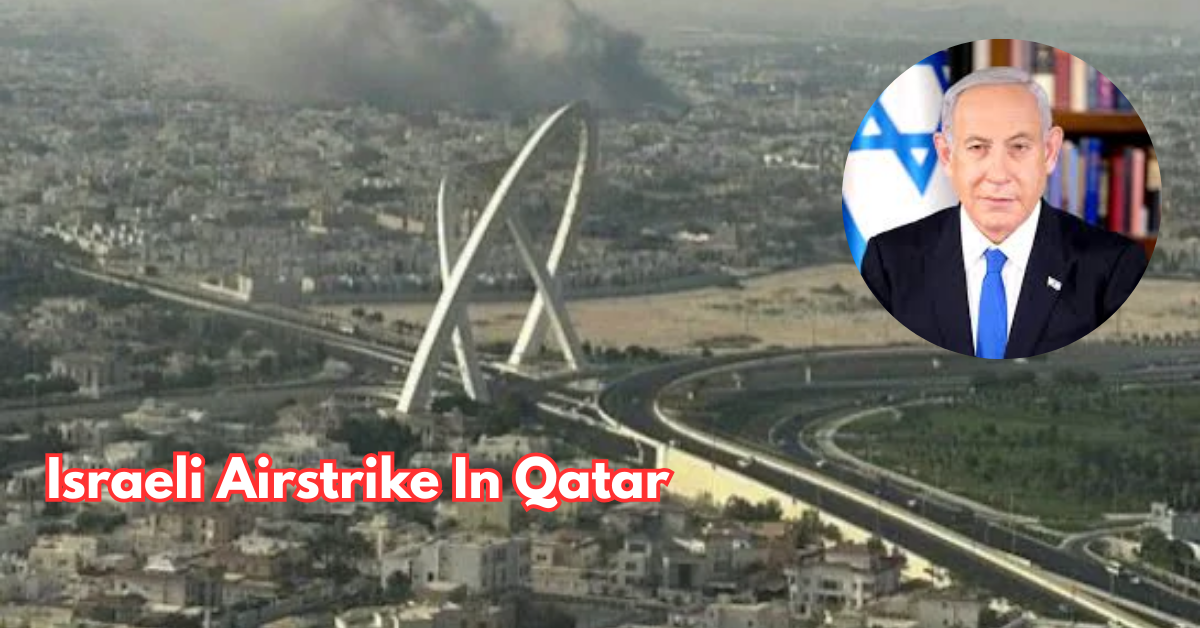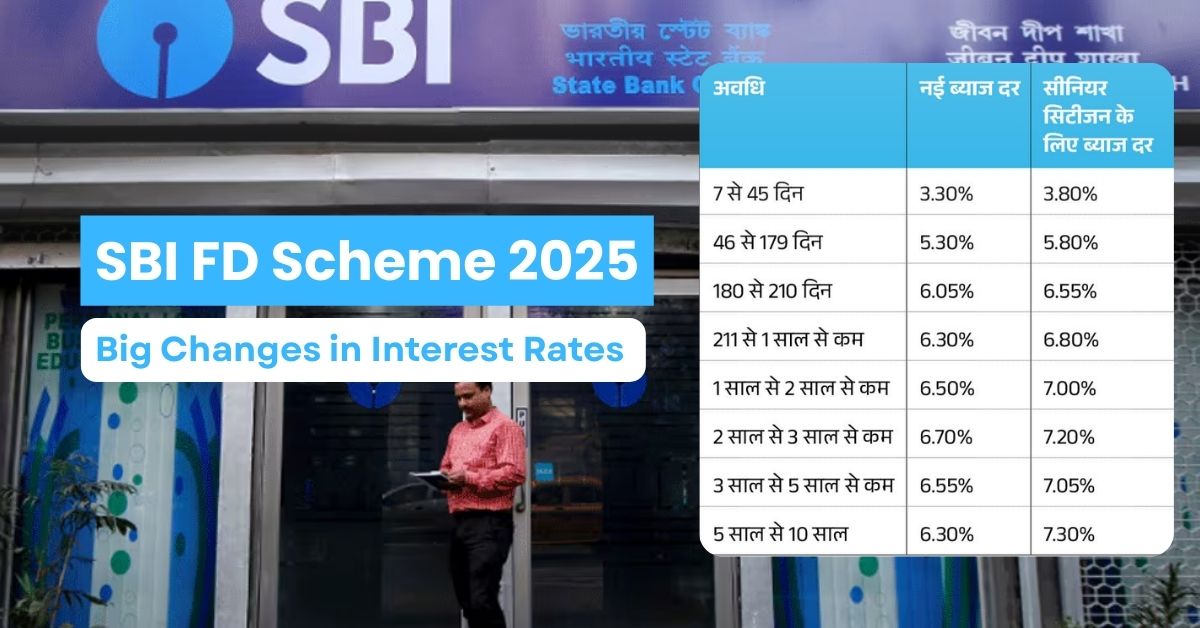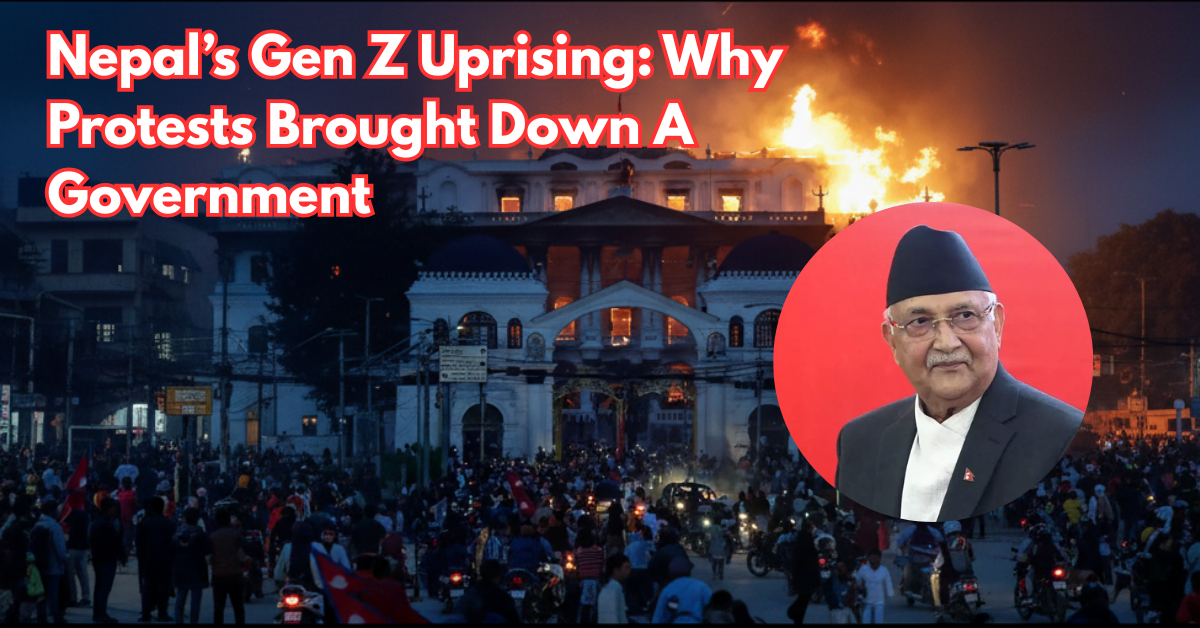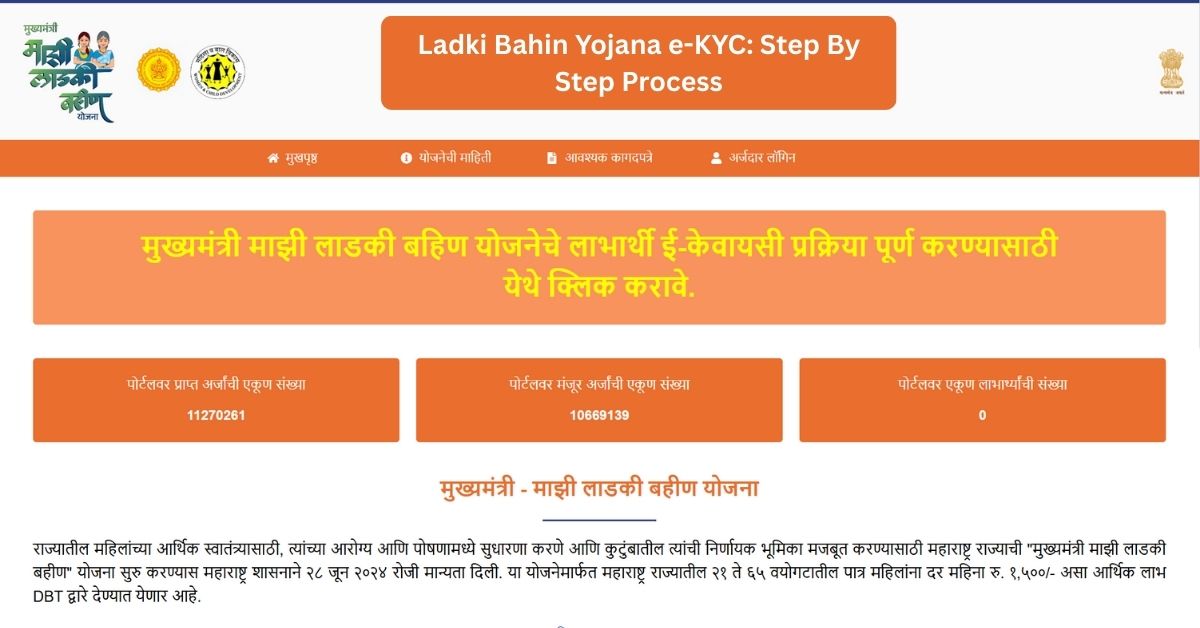Israeli Airstrike In Qatar Shocks Region: What Happened In Doha?

On September 9, 2025, powerful blasts shook Doha, the capital of Qatar, after an Israeli airstrike that targeted senior Hamas leaders. The operation, named Summit of Fire, has stirred anger across the world and thrown new doubts over the already fragile ceasefire talks in Gaza. Many are now asking what triggered this strike and what it could mean for the region.
What Happened In Doha?
On Tuesday, more than ten Israeli Air Force jets, believed to be F-15D Baz fighters, carried out a precision strike on a residential building in Doha’s Katara district. The main targets were top Hamas figures, including Khalil al-Hayya, who played a key role in ceasefire talks, and Khaled Mashal, a former leader of Hamas.
The IDF described the strike as retaliation for Hamas’s October 7, 2023 attack on Israel, which killed 1,139 people, as well as a recent shooting in Jerusalem that left six people dead.
Casualties were quickly reported. Hamas confirmed the deaths of five of its members, including al-Hayya’s son, along with one Qatari security officer. Civilian losses have not yet been officially confirmed.
- Precision Strike: Israel stressed that advanced intelligence and guided weapons were used to minimize harm to civilians. Still, the strike hit a populated area, which drew sharp criticism.
- Qatar’s Response: Qatar, a close U.S. ally and mediator in Gaza talks, condemned the attack as a violation of international law. Foreign Ministry spokesman Majed al-Ansari called it a direct threat to Qatar’s safety.
Why Target Qatar?
Qatar has hosted Hamas’s political bureau since 2012, making it a central base for leaders like al-Hayya. It also plays a critical role in ceasefire mediation alongside Egypt and the United States.
The strike came just as discussions were underway on a U.S. proposal for a truce, raising concerns that the move could derail peace efforts. Hamas accused Israel of deliberately targeting negotiators to block any progress, while also blaming the U.S. for backing Israel militarily.
Global Reaction
The strike has divided opinion and triggered intense debate across international platforms.
- Pro-Israel Support: Many argue the attack was justified, pointing to the role of Hamas leaders in the October 7 assault. Israeli Finance Minister Bezalel Smotrich praised the military, saying terrorists should not feel safe anywhere.
- Pro-Palestinian Criticism: Opponents called the strike reckless, endangering civilians and violating Qatar’s sovereignty. Some described it as an act of state terrorism.
- U.S. Response: The Trump administration voiced disapproval, labeling the strike “unfortunate” and harmful to peace efforts. Washington was notified before the attack but made clear it did not approve the action.
- UN And Allies: UN Secretary-General Antonio Guterres condemned the strike and urged a focus on talks. The UAE and Saudi Arabia also criticized Israel, with the UAE calling it a clear violation.
What’s At Risk?
The timing of the strike could prove critical. Qatar’s position as mediator is now under pressure, and families of Israeli hostages in Gaza fear the attack will worsen their situation. With Israel also targeting Lebanon, Syria, and Yemen in recent months, this move adds more fuel to an already volatile region.
Here’s a summary of the potential impact:
| Aspect | Details |
|---|---|
| Ceasefire Talks | Likely disrupted as negotiators were among the targets. |
| Qatar’s Role | Mediation credibility at risk; Doha vows not to tolerate such actions. |
| Regional Tension | Strong criticism from UAE, Saudi Arabia, and others raises conflict risk. |
| Civilian Impact | Civilian deaths remain unclear; ambulances rushed to Katara district. |
Voices From The Ground
On X, reactions were quick and divided. Pro-Israel accounts hailed the IDF’s ability to strike anywhere, while others raised alarm over civilian safety and the breach of Qatar’s sovereignty. Videos showing smoke billowing over Doha spread fast, fueling speculation about a wider regional fallout. One post warned, “This could set the Gulf on fire.”
What Comes Next?
The airstrike is a bold escalation that takes Israel’s campaign beyond its usual fronts and into the territory of a U.S. ally. Qatar has launched its own probe and promised updates. The U.S. has signaled such an event should not happen again.
Still, with negotiations shaken and regional powers taking sides, the path to peace looks more uncertain than before. Whether this becomes a turning point or sparks a larger conflict remains to be seen.



